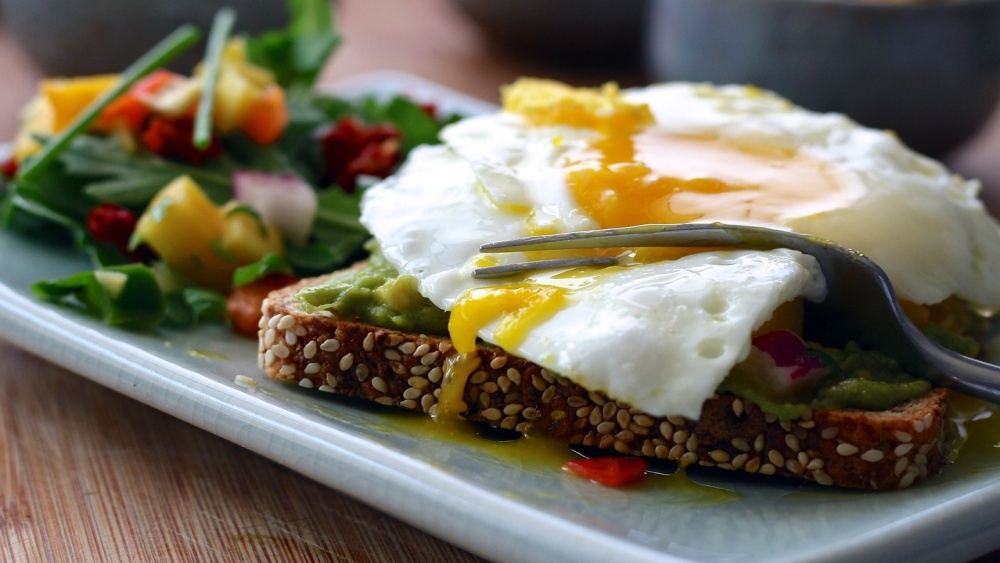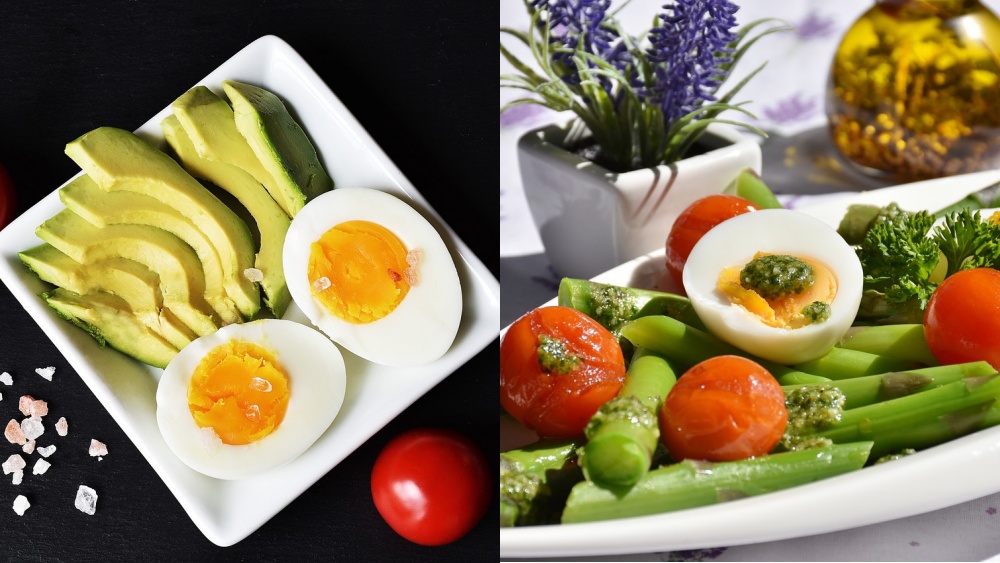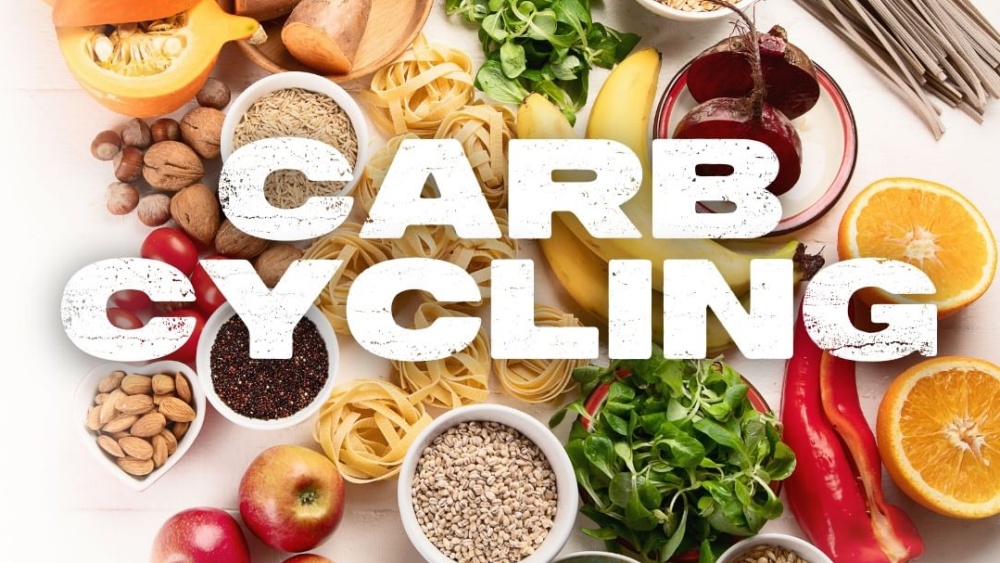Intuitive Eating is more than a dietary approach; it’s a philosophy that encourages a harmonious relationship with food. By tuning into the body’s natural cues and rejecting the diet mentality, intuitive eating fosters a sense of trust and connection with oneself. This article delves into the principles, benefits, challenges, and practical applications of intuitive eating, offering insights for those seeking a more mindful and compassionate approach to nourishment on their fitness journey.
The Principles Of Intuitive Eating
The first step in intuitive eating is letting go of the rigid rules, restrictions, and guilt associated with traditional diets. Rejecting the diet mentality means unlearning societal messages about what you “should” eat and embracing a more flexible, individualized approach. Understanding and responding to your body’s hunger signals is crucial. This involves recognizing the physiological signs of hunger and nourishing the body as needed, without judgment or restriction.
Intuitive eating encourages a truce with food, allowing all foods to fit within a balanced lifestyle. By removing labels like “good” or “bad,” you can enjoy a variety of foods without guilt or shame. The “food police” are the internal and external voices that enforce arbitrary food rules. Challenging these voices means silencing the inner critic and embracing a more compassionate relationship with food. Listening to your body’s signals of fullness helps prevent overeating. This involves paying attention to the physical sensations that indicate satisfaction and honoring those signals by stopping when comfortably full. Finding joy and satisfaction in eating transforms it from a mere task into a pleasurable experience. This includes choosing foods you enjoy and allowing yourself to savor them fully.
The Connection Between Intuition And Eating
Intuitive eating is about deepening the connection between mind and body. It’s about understanding and trusting the body’s natural hunger and fullness signals. This connection fosters a sense of empowerment, allowing you to make food choices that align with your unique needs and desires. Mindfulness plays a vital role in intuitive eating. By being present with your food and eating experience, you can tune into the subtle cues that guide your choices. Mindfulness practices, such as mindful breathing or meditation, can enhance this connection.
Benefits Of Intuitive Eating
Intuitive eating helps break the cycle of dieting, restriction, and bingeing. You can enjoy eating without fear or guilt by fostering a balanced relationship with food. Tuning into your body’s needs supports overall physical health. Intuitive eating encourages a balanced approach to nutrition, considering what you eat and how and why you eat. By reducing stress and anxiety around food, intuitive eating contributes to mental wellness. It supports a positive body image and self-compassion, enhancing overall well-being. Unlike one-size-fits-all diets, intuitive eating is highly personalized. It allows you to make choices that align with your unique needs, preferences, and values.
Intuitive Eating For Different Populations
For athletes, intuitive eating supports performance and recovery. By aligning nutrition with training needs, athletes can fuel their bodies effectively, enhancing endurance, strength, and resilience. Intuitive eating can be a therapeutic approach for those struggling with disordered eating. Under professional guidance, it can help rebuild a healthy relationship between food and the body. For the general population, intuitive eating offers a compassionate, sustainable approach to nourishment. It suits people of all ages, backgrounds, and dietary preferences, promoting a balanced and joyful relationship with food.
Challenges And Misconceptions
Intuitive eating is often misunderstood as an “eat whatever you want” approach. It’s a mindful practice that encourages awareness, intention, and balance. Transitioning from dieting to intuitive eating may be challenging. It requires patience, practice, and often professional guidance to navigate the emotional and behavioral shifts. Seeking support from a trained intuitive eating counselor, joining support groups, practicing mindfulness, and being patient with oneself can ease the transition. It’s a journey of self-discovery and growth, not a quick fix.
Success Stories
Personal testimonials illustrate the transformative power of intuitive eating. It is typical to hear of former chronic dieters who found freedom and joy through intuitive eating. Intuitive eating teaches us to trust our bodies, let go of restrictive rules, and embrace a more balanced lifestyle. Another familiar story is of people struggling with an eating disorder and finding healing through intuitive eating. Doing so can help rebuild one’s relationship with food and, with the help of professional support, find peace and empowerment when times are difficult. Perhaps you know someone who has trouble with the difficulties mentioned above. We hope that with this article, you can better understand their perspective.
Scientific Research And Evidence
Recent studies support the benefits of intuitive eating, showing its positive effects on both physical and mental health. It aligns with modern nutritional science, emphasizing a holistic approach to well-being. Research shows that intuitive eating supports healthy weight management. By focusing on internal cues rather than external rules, individuals can find a natural weight that is sustainable and healthy. Studies have linked intuitive eating to improved mental health, including reduced anxiety, depression, and eating disorders. It fosters a non-judgmental and compassionate relationship with food and body. Intuitive eating supports digestive health by encouraging a relaxed and mindful meal approach. Eating slowly and chewing thoroughly aids in digestion and nutrient absorption.
Practical Tips For Embracing Intuitive Eating
Begin by tuning into hunger and fullness cues. Practice mindful eating with one meal a day. Consider working with a professional who specializes in intuitive eating. Support groups and workshops can also be beneficial. Engage in mindfulness to enhance your connection with your body and food. Intuitive eating is a journey, not a destination. Celebrate progress and be compassionate with yourself along the way.
Conclusion
The power of intuition in eating is profound and transformative. Intuitive eating offers a compassionate, personalized approach to nourishment that honors the body’s wisdom. It’s about making peace with food, embracing the joy of eating, and finding a balanced, sustainable path to well-being. Whether you’re an athlete, struggling with disordered eating, or simply seeking a more balanced relationship with food, intuitive eating offers greater well-being and satisfaction. Embrace it with curiosity, compassion, and patience, and discover how it can transform your relationship with food and yourself.
You may also like:
Navigating Dietary Needs: A Guide To Gluten-Free And Vegan Eating In Singapore

















